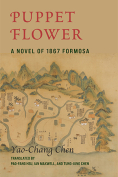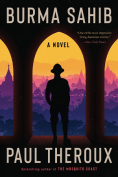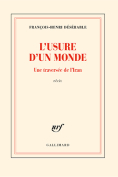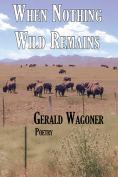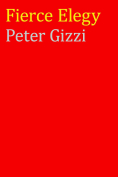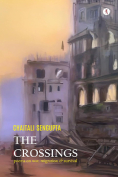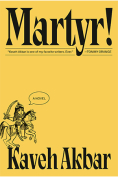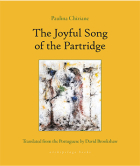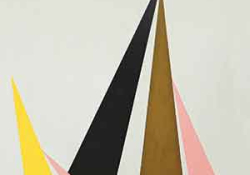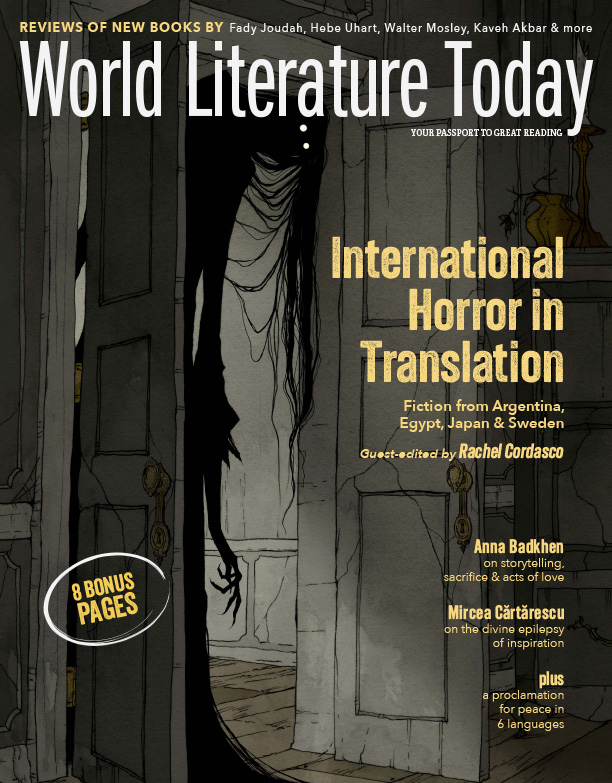Martyr! by Kaveh Akbar
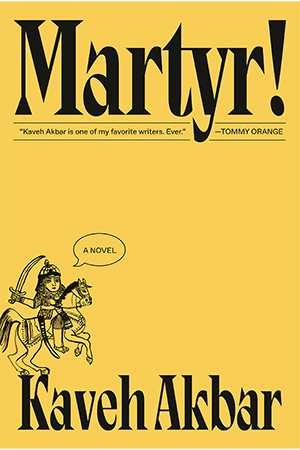 New York. Knopf. 2024. 352 pages.
New York. Knopf. 2024. 352 pages.
“My mom died for nothing. . . . My dad died anonymous after spending decades cleaning chicken shit on some corporate farm. I want my life—my death—to matter more than that.” In Martyr!, Kaveh Akbar’s audacious debut novel, streams of such intense monologues can easily absorb readers into the tumultuous life of Cyrus Shams. By depicting this young Iranian American struggling in the throes of addiction, Akbar weaves a narrative that oscillates between the gravely serious and the delightfully absurd, ushering us to ponder the lingering impact of personal loss and the ever-elusive concept of recovery.
Acclaimed for his prowess in poetry, Akbar transitions smoothly into the realm of fiction. For those familiar with Calling a Wolf a Wolf (2017), Akbar’s skillful blending of perspectives in the new novel turns out to be an entertaining attempt. Just a few chapters into the novel, readers can be certain that they are guaranteed a thought-provoking story. What’s even more impressive lies in the portrayal of Cyrus’s gradual reconciliation with his bicultural identity. Akbar obviously spares no effort to showcase his nuanced touch in handling the intricacies of living between different worlds and the quest for belonging amidst the chaos of personal turmoil.
Akbar’s personal history of addiction, to some extent, adds authenticity and depth to the narrative. In comparison with Pilgrim Bell (2021), however, his poetic language, still full of emotional resonance, is occasionally overshadowed by the novel’s ambitious scope. At times it might be confusing for readers to distinguish Cyrus’s voice from that of Akbar, which leads to moments where the narrative’s focus seems to blur. Especially in the latter half of the novel, Akbar’s earnest attempt to navigate grand themes is more or less undermined by the characters’ increasingly monotonous tones, challenging readers’ ability to remain anchored to the storyline.
Despite these, Martyr! stands out as a laudable debut that brims with intellectual depth. For Akbar, this venture into the form of prose attests to his capacity to contemplate the “between-and-betwixt” condition in all its complexity. Whether or not you are familiar with or fond of Akbar’s poetic style, this novel, filled with a yearning for the meaning of life and empathy for self-doubting individuals, is a must-read.
Siyu Cao
Shanghai International Studies University
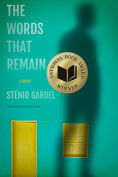
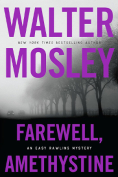
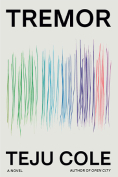
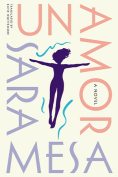
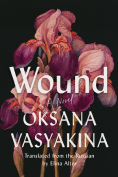
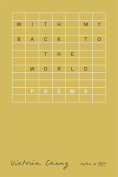
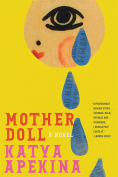
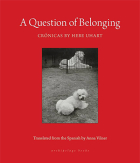
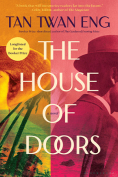
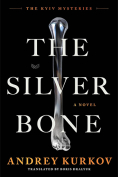
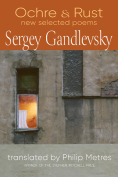
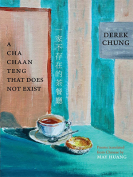
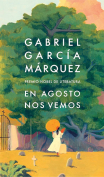
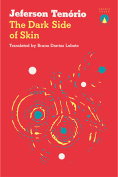
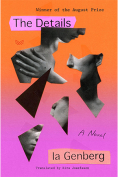
![The cover to [...] by Fady Joudah](/sites/worldliteraturetoday.org/files/styles/backissue_small/public/Joudah.jpg?itok=HZO1_68A)
